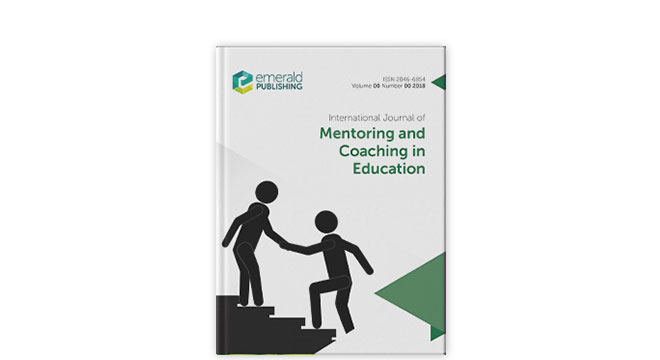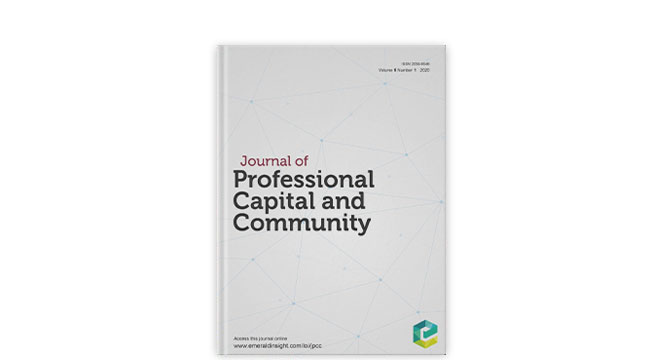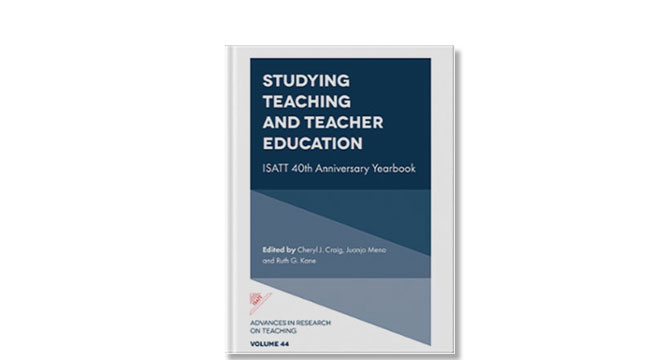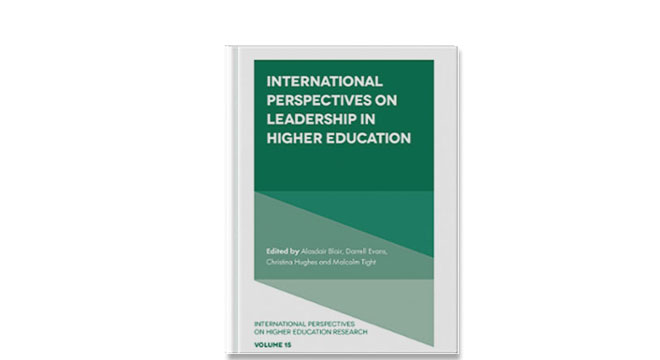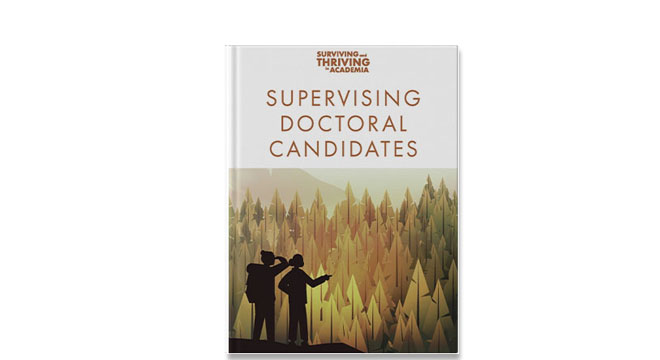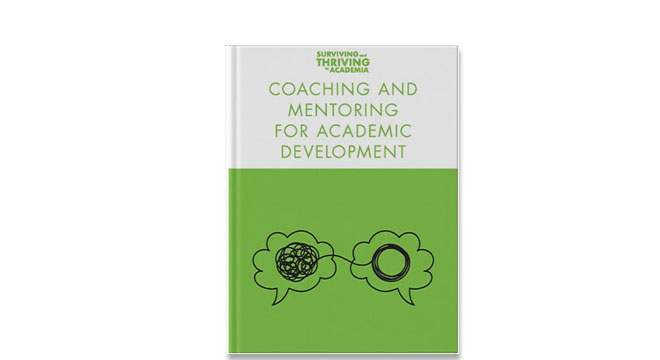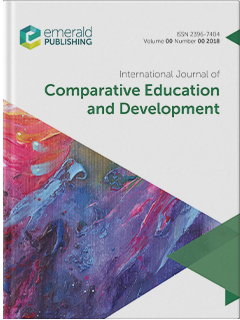Effective coaching and mentoring has an important role within an education context; it can improve student and staff performance and make a direct contribution to a person’s learning and development.
This mission highlights cutting-edge research, theoretical accounts, and emerging issues of mentoring and coaching in educational contexts, including schools, colleges and universities.
Join us in our mission to learn how, in partnership with some of our authors and experts from the community, we’ve been exploring this subject.
We’re inviting authors to publish with us in the field of education, so if you are working on an article, have an idea for a book or policy brief, or would like to contribute a blog or commentary then we’d love to hear from you.
This mission supports our quality education for all goal
Coaching and mentoring in higher education
Coaching and mentoring are two distinct approaches to learning and development.
Coaching is a short-term process that focuses on specific goals and tasks, providing guidance and feedback to help individuals improve their performance. Mentoring, on the other hand, is a long-term relationship that is more holistic in nature, where a mentor shares their knowledge, wisdom, and experience to guide the mentee’s personal and professional growth. While coaching is task-oriented, mentoring is relationship-driven.
This expert panel explore how higher education institutions around the world can benefit from embedding coaching and mentoring programmes for students and staff and learn about the different strategies and challenges.

Related research
Explore our range of research on the topic of coaching and mentoring in education.

Different routes to publication
See our special issues, book chapters and books on the topic of coaching and mentoring in education.

Additional information

The use of digital tools in mentoring preservice teachers
How do digital and discursive tools contribute to mentoring conversations?
View the infographic to find out more (PDF)
Journal: International Journal of Mentoring and Coaching in Education
The use of digital tools in mentoring preservice teachers
The quality of conversations between preservice teachers (PTs) and their mentors during mentoring has an impact on PTs’ reported satisfaction with mentoring, development of teaching skills, professional development, and learning
How do digital and discursive tools contribute to mentoring conversations?
- 12 participants (5 mentors and 7 PTs)
- School-based mentoring using tools
- Interviews on experiences of using tools in mentoring conversations
- Thematic analysis of responses
Three new tools were incorporated into school-based mentoring
- Decision simulator to understand PTs’ preferred teaching style
- Compilation of PTs’ self-report and feedback from PTs’ pupils
- Video clips of PTs’ planned teaching session
Mentors perceived three main changes in mentoring conversations
- Shift from established routines makes mentoring demanding and time-consuming
- Tools served as conversation starters and made PTs active drivers of conversation
- Information provided by the tools made conversations richer and more targeted
PTs perceived that the tools brought about three main changes in mentoring conversations
- Making preparation phase and mentoring conversations more structured
- Facilitating discussions on one’s own professional development during the conversations
- Providing a fresh perspective of how one conducts oneself in class or performs classroom management
Although initially time-consuming, mentoring conversations supported by digital and discursive tools facilitate reflection and foster the development of adaptive expertise in PTs and mentors.
Talk to us about your work
We love hearing from researchers and practitioners about their work.
If you would like to contribute to the discussion, or have supporting research on the topic of coaching and mentoring in education, please let us know by filling in this form.

